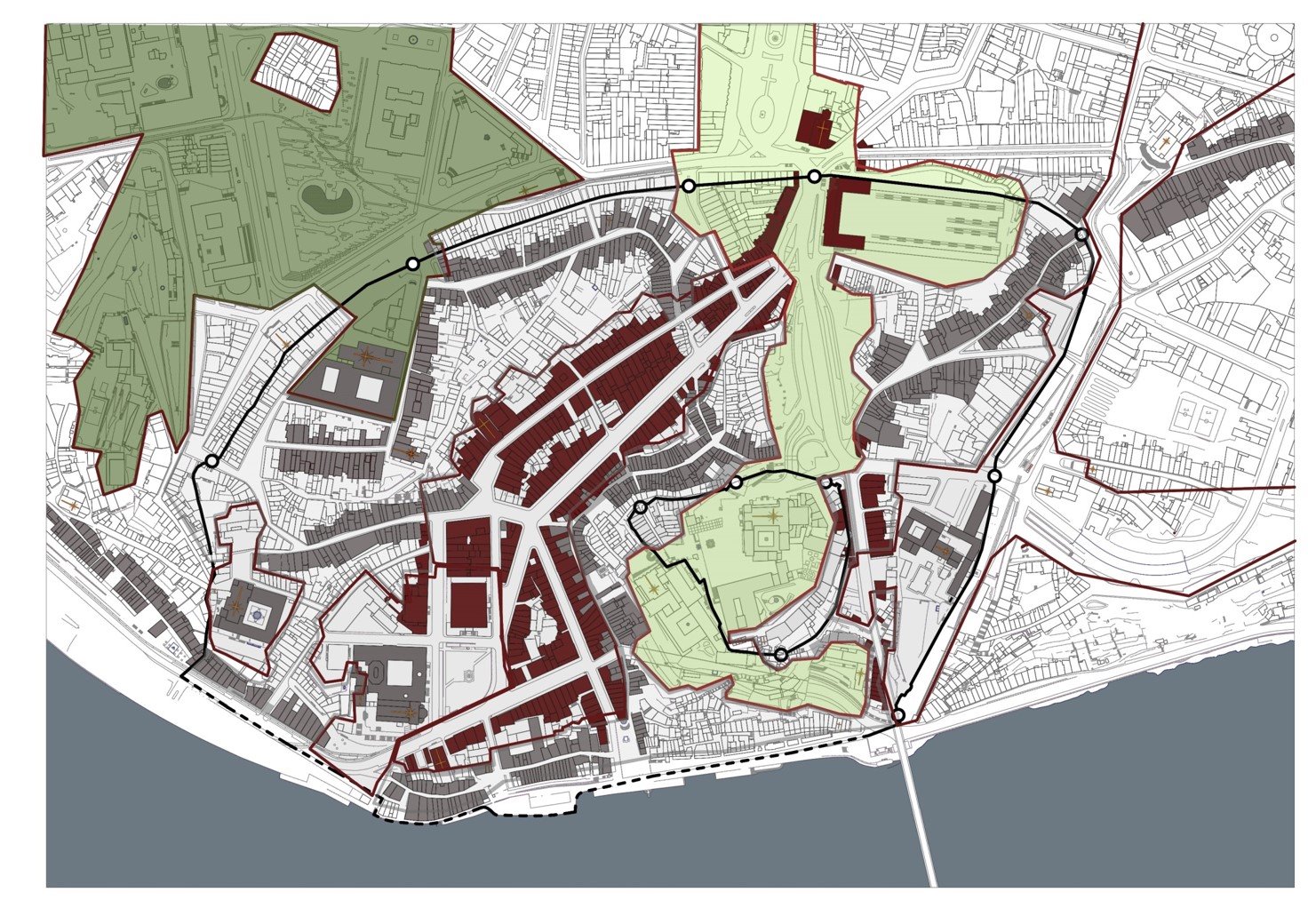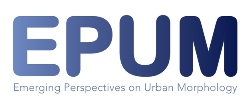PNUM Workshop 2019 – Design the city based on the analysis of urban form

BACK in PORTO!!! EPUM partners are participating in the design workshop of the Portuguese Network of Urban Morphology (PNUM), which will take place in Porto, 16-20 July 2019.
The one-week workshop is focused on students, scholars, researchers and professionals in the areas of architecture, geography, planning and history. The aim is to provide the participants with a comprehensive set of theories, concepts and methods of urban morphology, exploring their potential application into urban planning and architecture. The workshop is developed through a partnership between the Portuguese-language Network of Urban Morphology (PNUM) and Porto local authority (CMP). The historical centre of Porto is the case study (adopting the boundaries of the co-called Muralha Fernandina, the 14th century wall), drawing on the analysis developed by the ‘Emerging Perspectives on Urban Morphology’ (EPUM) project.
On the first day, the exhaustive analytical work developed by EPUM supported by historico-geographical, processual-typological and space syntax approaches, will be presented. On the second day, departing from a systematic reflection about the analytical work, the intervention strategies will be outlined. During the last three days each group will develop one strategy for conservation and/or transformation of the existing urban forms and the design of new urban forms, advancing progressively from the structuring morphological aspects towards most detailed elements. The languages of the workshop will be Portuguese (main) and English.



